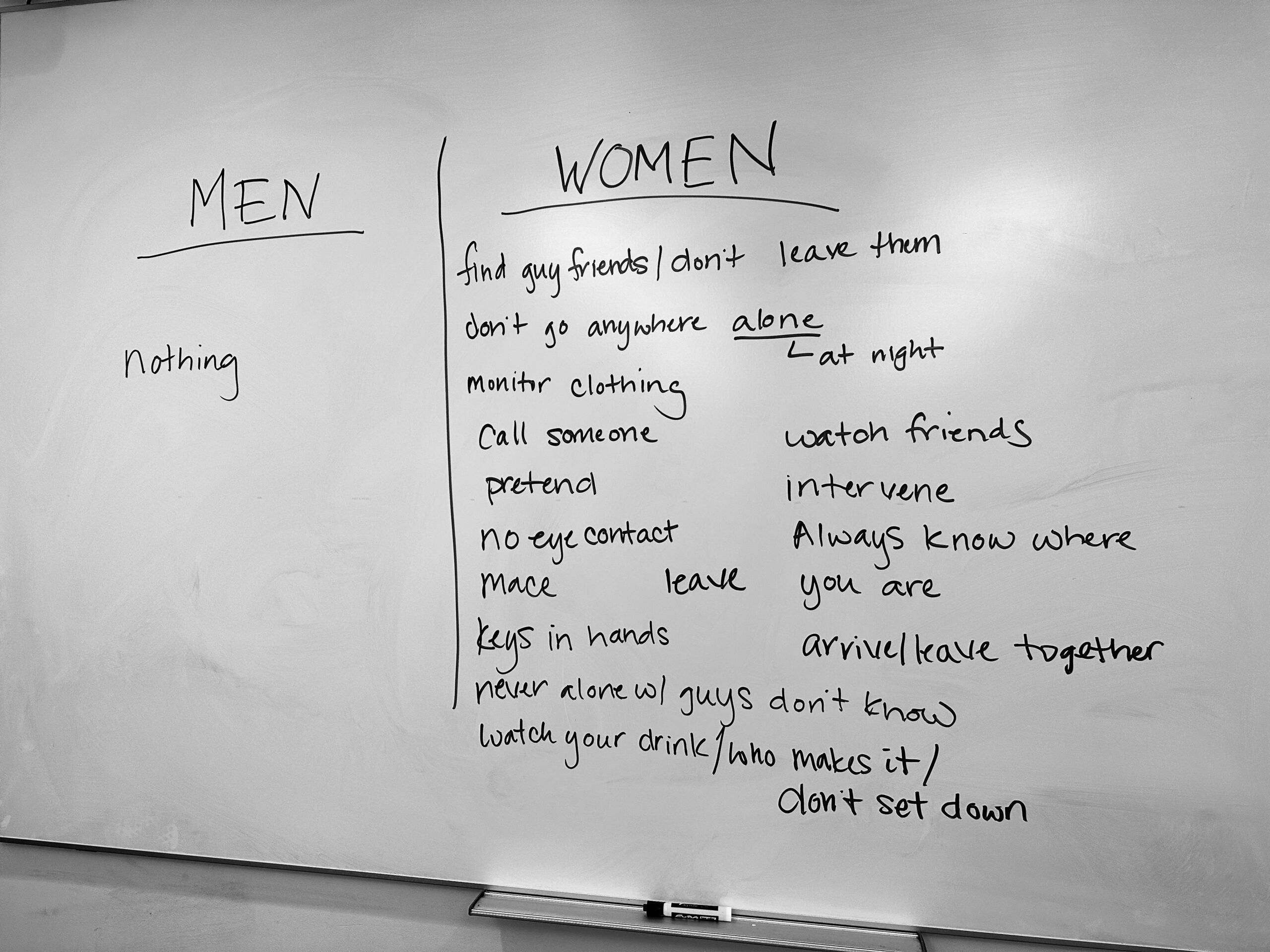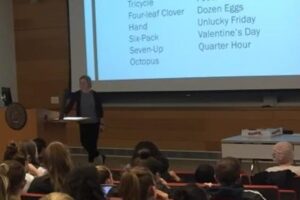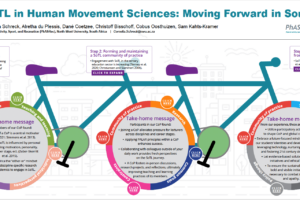
50-Minute Epiphany
By Emily Russell, Nolan Kline, Amy I. McClure, Steven W. Schoen and Nancy L. Chick
As college instructors who frequently teach contentious topics, we have seen firsthand how an increasingly polarized global climate has powerful and competing effects on classrooms. Students and instructors must navigate their place between rising cultural movements and their answering backlashes, a position made more complex by fears of being on the “wrong” side of these issues. Increasingly, discomfort and silence dominate charged discussions.
We came together as an interdisciplinary team to examine what is happening in these moments of discomfort. We chose to conduct a lesson study project since it was uniquely suited to surface our research team’s diverse observations. Our shared lesson plan—taught in three classes to first-year students at a small college in the US—centered on the topics of sexual roles, education, and assault, all pressing topics in the wake of the #MeToo movement.
But when we came together after each lesson, we were afraid that we had failed. We had hoped to encourage students to see how sexual norms structure their experience and to push back on an individualist worldview. We’d surfaced students’ perspectives, but had we moved them? With this question in mind, we realized we had unwittingly been applying a linear narrative to the class.
We were further struck by how often we apply a progress narrative to learning more generally, despite “knowing” the SoTL literature that reveals the uneven and even backsliding nature of acquiring new knowledge. By searching for an epiphany among the students within the space of a 50-minute session, we risked missing the complexity of their learning. The lesson study allowed us to produce a thorough map of where students’ responses fell and to observe the diverse—even contradictory dynamics—within not only the class, but the individual students as well.
Read the TLI article here.




